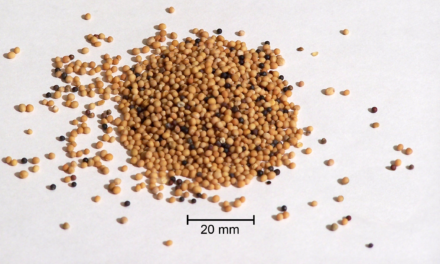When it comes to the task of bringing the Bible into the here and now of our world and circumstances, how do we go about it?
In this work, are we more transplanters, translaters, or transformers?
It is an interesting question for sure. Pure transplanting of text may provide readers or listeners with the assumption of proper understanding when in fact there is a disconnect due to lexical discrepancies or cross language homonyms.[1] The Bible itself contains many obvious examples where ancient themes and messages are given treatment quite beyond a mere transplanting; we can see contextualization happen in real time especially in the New Testament. At the same time, the transformers who wish to modify ancient messages that are considered to be too disconnected from modern contexts to be relevant go too far, insisting that modern philosophies and social concepts provide a superior filter by which the words of scripture now deemed irrelevant can be strained out and replaced to provide a more palatable presentation of truth. In effect, this results in nothing more than picking or choosing texts and presiding in judgment over the divine.
Translators recognize that to transform the text is in essence to forfeit the quest for understanding and illumination in denial of the wisdom contained in and revealed through it, and rightly recoil from this prospect. At the same time, to simply transplant the text into a contemporary setting will be seen as careless at best and may result in communicating and fostering that which is essentially falsehood. If there is transplanting to be done, it is the knowledge of God that leads to fruitfulness, faithfulness, and love that the original texts inspired in it’s listeners, it is that knowledge that must be transplanted, and while we claim no other starting point than the same scriptures, there is a work of translating to be done in carefully preparing the hearts and minds to be receptive to the age old words made clear through the living work of the personal minister by the Sprit. This living personal ministry of the Word, this very human work, is crucial for the success of the Word of God in every age. God gave his living word, yes, but he also gave his living ministers – apostles, prophets, evangelists, pastors, teachers – for the building up of the body of Christ.[2] Therefore God in his wisdom through the Spirit has given the church his Son, Christ the living Word, the Scriptures, the finished written living Word, the Living Spirit, and the gifts of living human agents who can give voice to God’s wisdom and do the living work of translating for the establishment of God’s people.
[1] Millard J. Erickson, Christian Theology, 3rd ed. (Grand Rapids, MI: Baker Academic, 2013), 74.
[2] The Holy Bible: English Standard Version (Wheaton, IL: Crossway Bibles, 2016), Eph 4:11–13.





